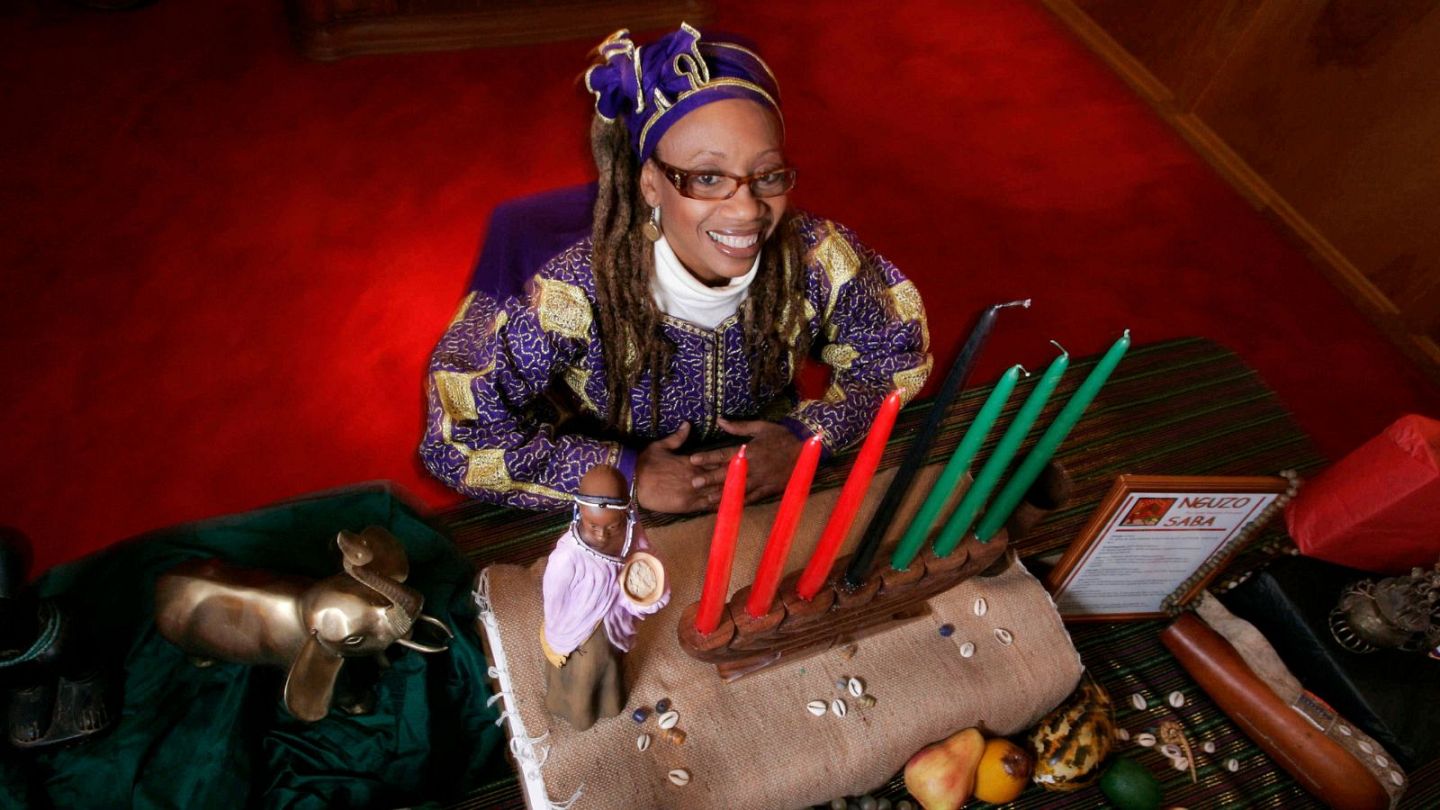
Celebrating Kwanzaa: A Vibrant Tribute to African Culture and Community
Kwanzaa, a week-long celebration honoring African heritage and culture, kicks off each year on December 26 and runs through January 1. Rooted in traditions that emphasize family, unity, and self-determination, this unique holiday resonates far beyond its origins in the United States, spreading joy and meaning to communities worldwide with significant African diasporas.
The holiday was established in 1966 by Maulana Karenga, a Black nationalist, author, and professor, as a response to the cultural disconnection caused by the transatlantic slave trade. Kwanzaa was born during a decade of global struggles for freedom and justice, aligning itself with movements advocating equality and empowerment for people of color. Karenga envisioned it as a celebration of liberation, pride, and the richness of African culture. The name “Kwanzaa” comes from the Swahili phrase "matunda ya kwanza," meaning "first fruits," symbolizing harvest and new beginnings. An additional "a" was added to honor the seven children present at its inaugural celebration.
Also Read:- Tonali Leads Newcastle to Victory Over 10-Man Villa in Feisty Encounter
- Boxing Day Sales Show Strain on High Street as Shoppers Shift Online
At the heart of Kwanzaa are the Nguzo Saba —seven guiding principles that reflect core values central to the African and African American experience. Each day of the celebration focuses on one principle: Unity (Umoja), Self-Determination (Kujichagulia), Collective Work and Responsibility (Ujima), Cooperative Economics (Ujamaa), Purpose (Nia), Creativity (Kuumba), and Faith (Imani). These principles are represented by the kinara, a candleholder with seven candles in symbolic colors—three red for struggle, three green for hope, and one black for the people. Each evening, a candle is lit to reflect the day’s principle, fostering reflection and dialogue within the community.
Kwanzaa celebrations brim with vibrant customs, including decorating homes with African art and cloth, hosting communal feasts, and exchanging meaningful gifts that emphasize learning and heritage. Fresh fruits often adorn tables as a nod to harvest ideals. Music, dancing, poetry readings, and storytelling bring communities together, reaffirming their shared history and aspirations for the future.
The greeting “Habari Gani,” meaning “What’s the news?” encapsulates the spirit of Kwanzaa—an invitation to engage, celebrate, and remember. This holiday is more than a cultural festivity; it is a time for introspection, connection, and recommitment to values that uplift and unify. Whether you’re participating for the first time or have celebrated for years, Kwanzaa is a beautiful way to honor African heritage and its enduring legacy. Happy Kwanzaa!
Read More:



0 Comments